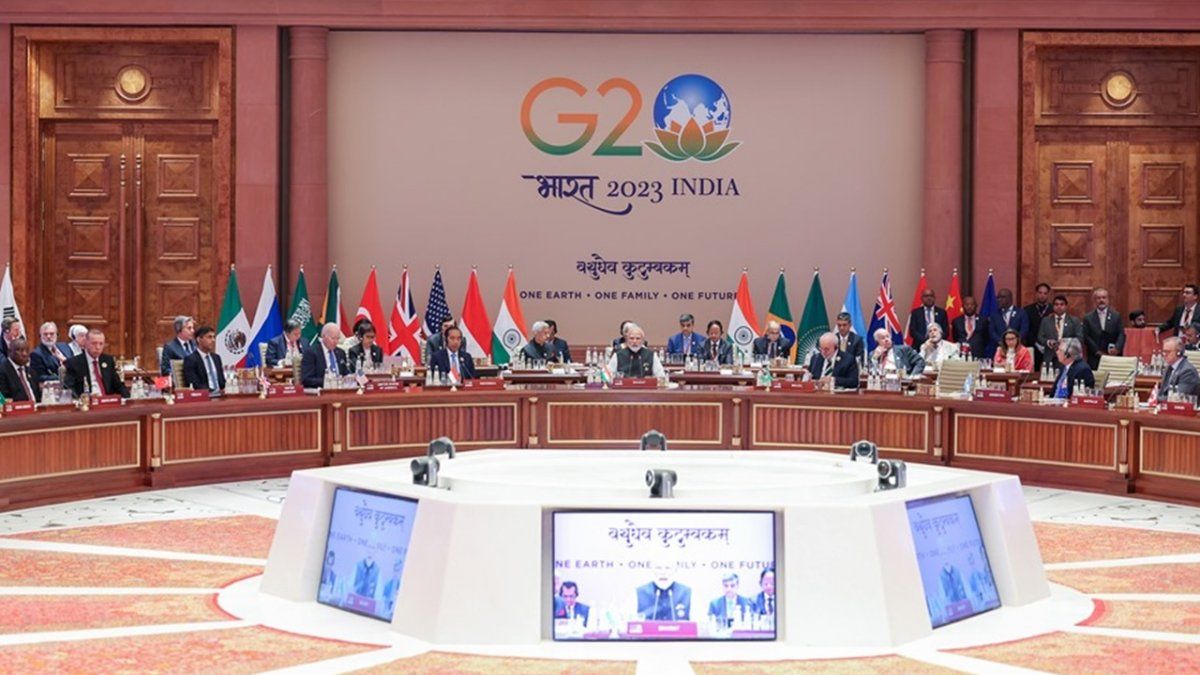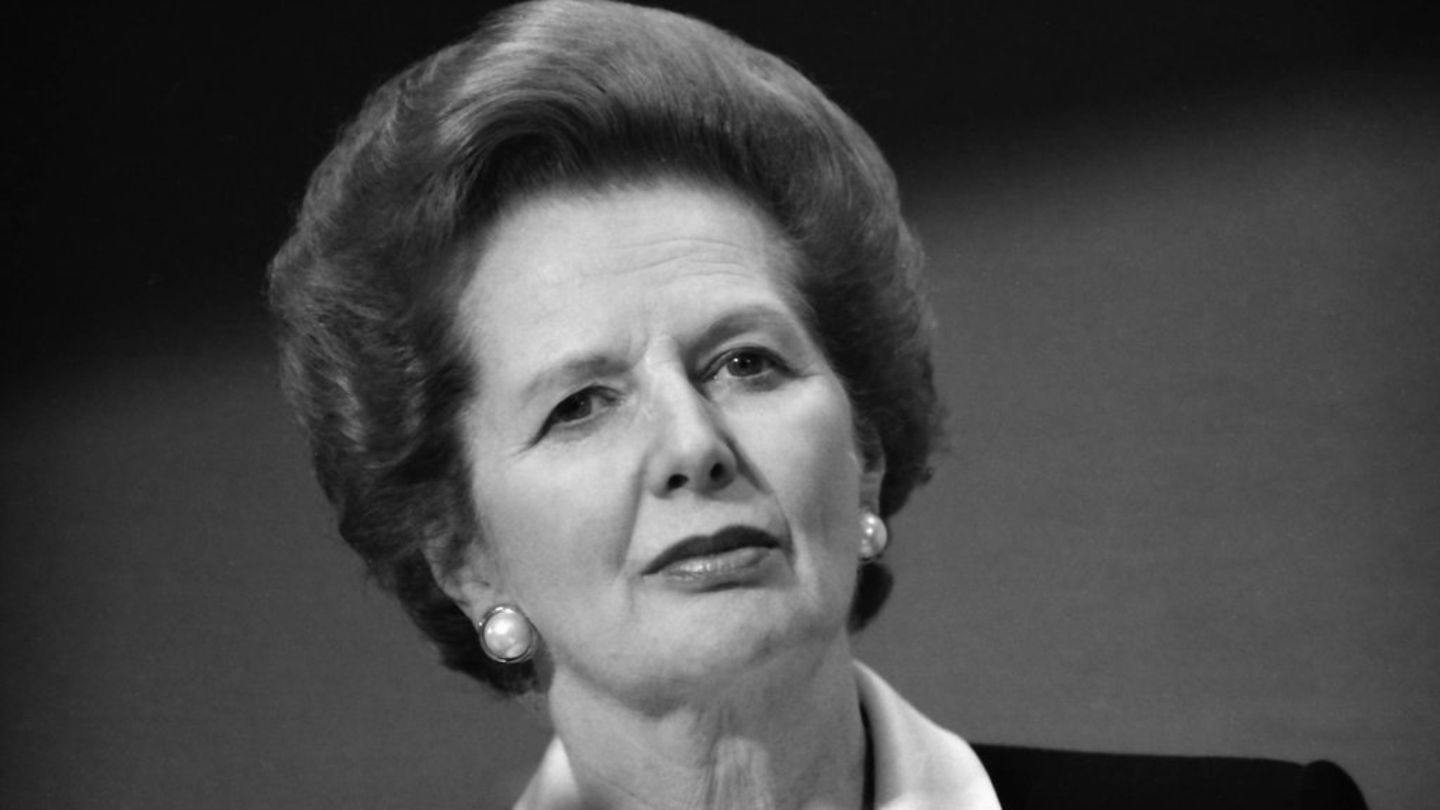Brazil called the G20 this Wednesday in Sao Paulo, the group of twenty largest economies in the world, to “redefine globalization” with a combat agenda against inequality, climate change, fair taxation of the super-rich and the fight against poverty and chronic debt of countries, since in the current world order scheme “there are no winners.”
G20: the speech of Fernando Haddad, Minister of Finance of Brazil
The Minister of Finance said it, Fernando Haddad, when presenting his welcome speech to the first meeting of finance officials and presidents of central banks of the G20 held in São Paulo, ahead of the summit of heads of state and government to be organized by Brazil, which holds the rotating presidency, in Next November in Rio de Janeiro.
“It’s time to redefine globalization. We need to create incentives so that international capital flows are efficiently directed towards the best opportunities, no longer defined in terms of immediate profitability, but according to social and environmental criteria,” Haddad said in his speech to the plenary.
The minister had to offer the speech remotely because he was diagnosed with Covid-19 last Sunday, while the meeting takes place in the San Pablo Biennial building, inside Ibirapuera Park, a modernist building designed of glass and concrete curved by the legendary architect Oscar Niemeyer.
The representative of the president’s government Luiz Inácio Lula da Silva emphasized the need for an agenda that has its focus on inequalities in all current areas of the world.
“The Brazilian Presidency has taken on the challenge of making an inclusive G20, in which we have the opportunity to advance on a series of issues that concern us, such asThe fight against poverty and inequality,financing of sustainable development, global governance reform, fair taxation, global cooperation and the chronic debt problem of several countries,” Haddad said.
haddad-g20_mcamgo_abr_14122023-15.jpg
The representative of the government of President Luiz Inácio Lula da Silva emphasized the need for an agenda that focuses on inequalities
The Brazilian minister said that the economic climate is “difficult”, and reviewed that in the last three decades the discourse on globalization has oscillated between unbridled optimism and total denial.
“The legacy of the last wave of globalization produced a substantial increase in inequalities of income and wealth in various countries. We have reached an unsustainable situation in which the richest 1% own 43% of the world’s financial assets, and emit the same amount of carbon as the rest. poorest two-thirds of humanity”he lashed out.
Haddad said the current backlash against globalization can be attributed toThe 2008 crisis in the United States.
“Until then, global economic integration was confused with liberalization of markets, “flexibilization of labor laws, financial deregulation and free deregulation and the free movement of capital,” he said, and criticized the growth of offshore companies.to offer sophisticated forms of tax evasion to the super-rich.
For this reason, he asked his peers that in a world “in which labor and capital are increasingly mobile, poverty and inequality must be addressed as global challenges at the risk of amplifying humanitarian and migration crises.”
G20: how the work days were developed
The G20 is made up of 19 countries and the European Union. The 19 countries are Germany, Argentina, Australia, Brazil, Canada, China, South Korea, France, India, Indonesia, Italy, Japan, Mexico, Russia, Saudi Arabia, South Africa, Turkey, the United Kingdom and the United States.
Additionally, in this edition she was invited by Lcalls on the African Union to participate in the discussions.
The work sessions will last until Thursday afternoon with the aim of creating an official statement that is being approved by consensus, according to the Secretary of International Relations of Brazil, Tatiana Rosito.
G20: Luis Caputo will participate in the summit
Meanwhile, the Argentine Minister of EconomyLuis Caputo, He has an agenda planned that will include participation in the discussion panels of his G20 colleagues and bilateral meetings.
During his work days at the G20, Caputo will participate in the discussion panels on “The role of economic policies in addressing inequalities: national experiences and international cooperation”, and on the “Global perspectives on growth, employment, inflation and financial stability”.
Additionally, Caputo will debate with his G20 peers on “International taxation for the 21st century”, on the “Global perspectives on growth, employment, inflation and financial stability”, and on “Global debt and financing for sustainable development.”
According to the Ministry of Economy, Caputo also plans to hold a meeting with the managing director of the International Monetary Fund (IMF)., Kristalina Georgieva; In addition, the head of Economy will meet with the European Commissioner for Taxation and Customs Union, Audit and Fight against Fraud, Paolo Gentiloni; and with the Ministers of Economy of Spain, Carlos Body; from Italy, Giancarlo Giorgetti; and from France, Bruno Le Maire.
Likewise, Caputo will hold bilateral meetings with the German Finance Minister, Christian Lindner; with the Secretary General of the OECD, Mathias Cormann; and with the Secretary of the Treasury of the United States, Janet Yellen.
In these meetings, the minister will be accompanied by the Secretary of Finance, Pablo Quirno, according to a statement from the economic portfolio.
Source: Ambito




